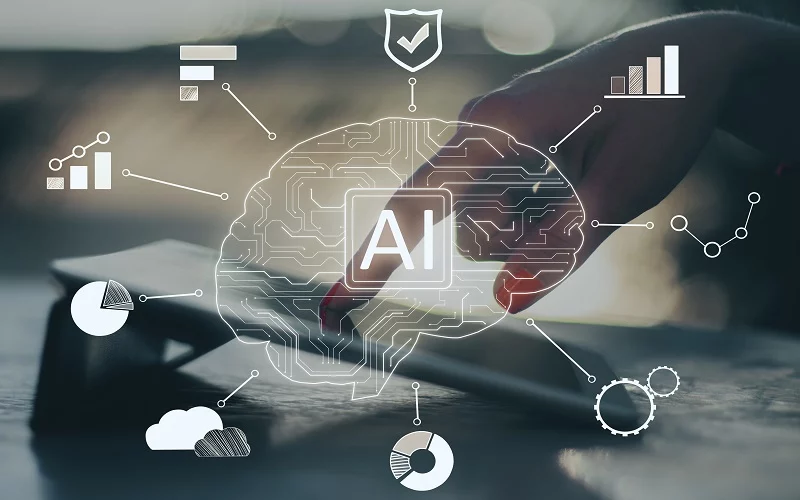Technology has become the backbone of businesses across industries and we are living in an era where innovations empower technologies at the speed of light. Tech innovations have been transforming sectors and adding value in terms of bringing sustainable growth.
About a decade ago, the BFSI (Banking, Financial Services, and Insurance) industry was dependent on its traditional capacity for conducting business operations. Now, 10 years down the line it has transformed significantly owing to the never-ending technological evolutions.
It’s a no-brainer that technology has played a major role in shaping up the industry and has transformed the fintech sector. Let’s look at some of the most emerging technologies that are shaping up the Fintech industry at large.
- Blockchain: It is an instrumental technology that effectively supports financial institutions such as central banks, credit unions, retail and commercial banks, internet banks, savings and loans associations, investment companies, brokerage firms, insurance companies, and mortgage companies. Governments or banks can effectively make use of blockchain technology to provide people with digitally stored identities via a blockchain application. It allows digitally stored information to be replicated across the network and consequently backed up, immutably throughout the network, rather than centrally storing the confidential KYC information on the device. Blockchain is the way forward and can transform the way financial institutions think about identity such as KYC in addition to bringing the self-sovereign identity to the underhand.
- Hyper-automation: Hyperautomation is the integration of advanced technologies such as Robotic Process Automation (RPA), Artificial Intelligence (AI), Machine Learning (ML), etc., that help businesses automate end-to-end operations and augment human capabilities. This process aids in improving operations and enhancing customer experiences by delivering real-time insights. It creates a digital ecosystem that utilizes the flexibility and scalability of modern IT infrastructure, driving digital transformation. Hyperautomation development services support tasks like tracking site competitiveness, analyzing bank statements to identify errors or liabilities, and reporting market price fluctuations—enabling better customer behavior analysis and smarter marketing decisions.
- Artificial Intelligence (AI): Artificial Intelligence is poised to be the next wave of digital transformation. At this point, developing an AI roadmap should be a top priority for most Fintech companies. AI is the most disruptive technology that interacts with data like humans, using various algorithms, enabling information extraction from structured and unstructured documents. AI has reshaped the Fintech industry by introducing new opportunities, which include learning, reasoning, problem-solving, and planning.
- Chatbots: Customers like to be valued be it in the finance sector or any other sector. In case of financial queries, chatbots are there to assist customers instead of having them navigate their way through a company’s website or spend time on research to find answers to their queries. Digital and intelligent assistants help them throughout their journey and provide exactly what they are looking for. This will not only bring loyalty to the old customers but will also attract new customers, eventually.
As we move to 2022, it will become highly important for Fintech players to integrate these emerging technologies in their respective business models for smooth operations and a better consumer experience. Thus, businesses should invest in these new-age technologies and level up in the post COVID era.
Cygnet Digital offerings comprises of these emerging technologies such as AI driven reporting for data visualization of GRC score to identify patterns from the GST filing data, also fuzzy logic algorithms to compare and match inputs vs output generated for BI reports. Hyper automation using RPA to automate data capturing process, reducing TAT and improvising productivity. Intelligent character recognition-based ML programming to extract information from financial documents, for Bank statement Analyzer.








